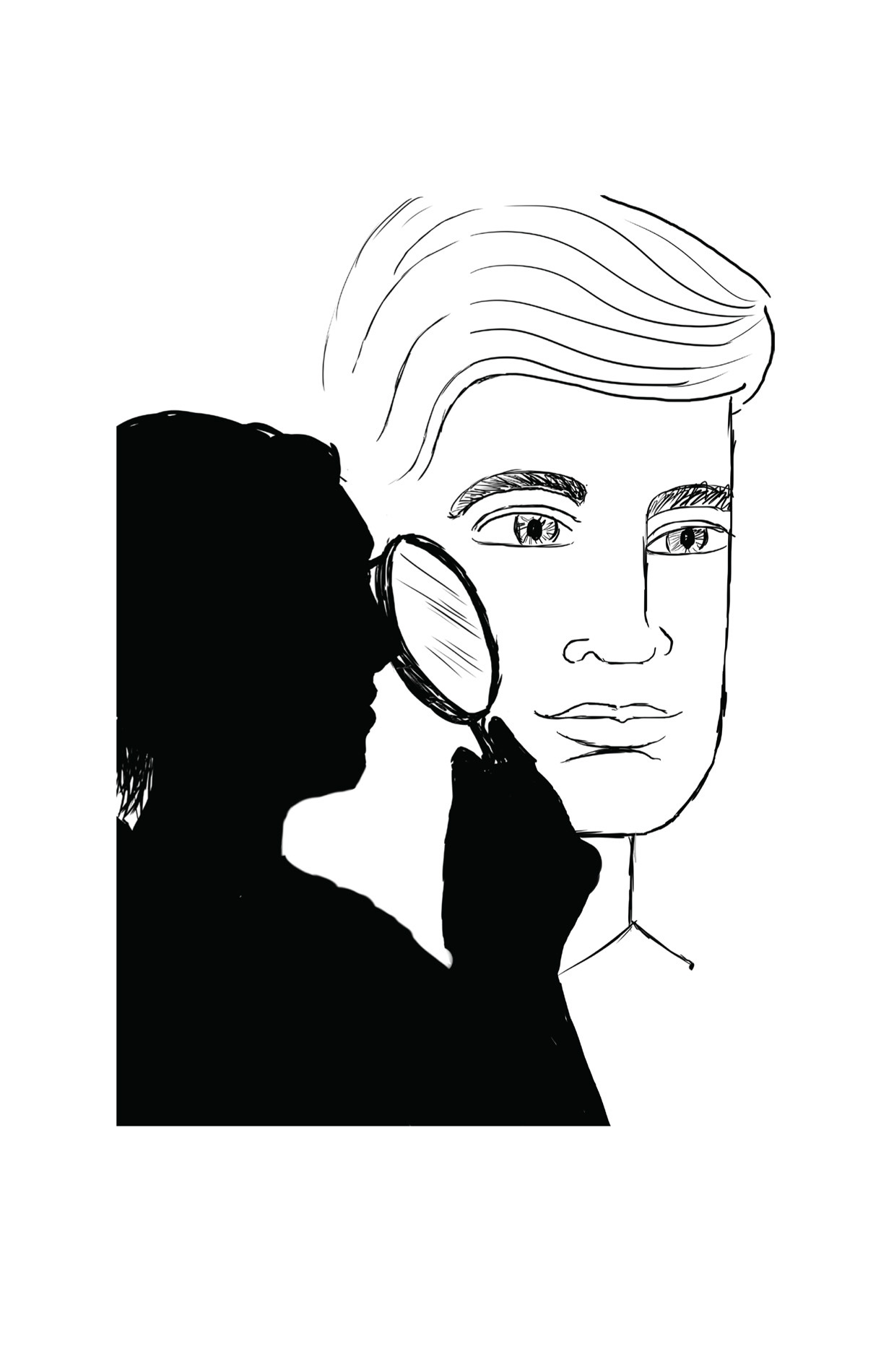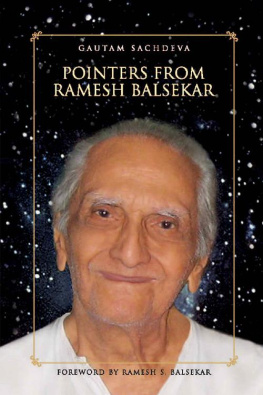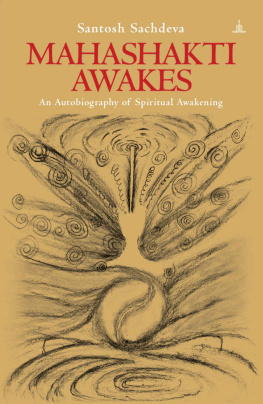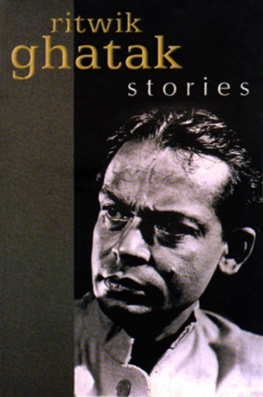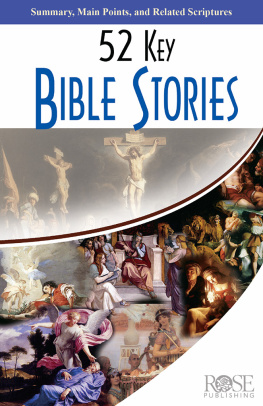CONTENTS
BOARDING PASS
Mr Verma is a fifty-year-old, well-educated, good-looking but humble person. He is standing at the Shanghai Airport, queued up for the business-class passengers at the check-in counter. He is dead tired after a hectic work day in China and is listening to music on headphones to relax. So tired is he that he does not realize he is standing in the business-class section with an economy-class ticket!
Just then, an Indian-Punjabi businessman, Mr Rajan Mehta, in his late forties, comes and stands behind Mr Verma. There were another four men ahead of him in the queue. Mr Vermas phone beeps with an incoming email. He turns off the music, takes off the headphones, and checks his email. Mr Mehta, impressed with Mr Vermas personality, initiates a conversation by introducing himself as a builder based in Delhi catering to the corporate sector and making big commercial buildings. His business had brought him to China to study the latest developments in office designing.
Mr Verma introduces himself as an engineer from IIT Kanpur visiting China to inspect new machines for his factory in Delhi. Mr Mehta continuously tells him about his current and future projects to make an impression of how big his business is.
When Mr Verma proceeds to the check-in counter, the woman informs him that he is in the wrong queue and directs him towards the economy-class section. Mr Verma realizes his mistake, but because he is extremely tired requests her to issue his boarding pass. The woman seems a little irritated, but seeing just one other passenger behind him, issues his boarding pass. Next is Mr Mehta. He keeps his boarding pass in his pocket in a manner that Business Class is clearly visible. Both passengers now proceed towards the boarding gate and find that their flight is delayed by an hour. Mr Mehta invites Mr Verma for dinner at the airports best eating place a seafood restaurant that serves French wine and caviar. Mr Mehta orders caviar and wine; Mr Verma settle for simple fish and chips and local Chinese beer. After dinner, Mr Mehta insists on paying the bill. They now indulge in informal talks about their families. Mr Verma talks about his twenty-five-year-old son who works with him in his factory. He shows his photograph a tall, handsome boy standing in front of the gate of a big building, which Mr Mehta assumes to be his factory.
Mr Mehta tells Mr Verma that he has been looking for a suitable high-class match for his beautiful twenty-three-year-old daughter and expresses interest in forging a new relationship between the two. He would like to meet his son and introduce him to his daughter giving them time to interact before the families can proceed with formalities. Their conversation is still on when they hear the boarding announcement for their flight. They proceed towards the boarding gate talking about the possibilities of a match. They even exchange their phone numbers.
On reaching the boarding gate, Mr Mehta gives way to Mr Verma to board. Suddenly, Mr Mehta notices Economy Class on his boarding pass. He is shocked! Mr Verma is not a high-class man after all! His facial expressions change and he starts to feel uneasy.
Sensing his discomfort, Mr Verma tells him that he stood in the business-class queue by mistake, that he does belong to the cattle class, and that he is sorry for wasting his valuable time. He pauses and then continues: Aur haan, mujhe Business-class traveller samajhne ke saath saath shayad tumne mere bete ke peechhe wale sheds ko meri factory samajh li hogi. Meri to chhoti si factory hai. Yeh to Tata Engineers ka plant hai jahan mera beta teen din ki training pe gaya tha taaki apni factory ke liye kuchh nayi technology seekh sake. (Perhaps along with thinking I am a Business-class traveller you would have considered the sheds behind my son in the photograph to be my factory. I have a small factory. The one in the photograph is the Tata Engineers plant where my son attended a training session to learn about a new technology.)
Mr Mehta is numb with disbelief.
Mr Verma bids Mr Mehta farewell and proceeds towards his side of the boarding gate.
Question
Have we become so class-conscious that we judge people only by their appearance?
TRUE LOVE AND SUSPICION
Neha, in her mid-thirties, teaches psychology in a prestigious college in Mumbai. She had big dreams of an exciting life after marriage. Her husband, Dr Jayesh, on the other hand, is a serious and busy man. He is a dedicated gynaecologist with a good reputation and practices in a renowned hospital in the same city.
The couple loved each other and adjusted to each others requirements. Neha wanted a child soon after getting married, but her husband was particular about her studies and career. After completing her studies, Neha did not start working because she did not want to raise a child under work pressure. But her husband disagreed.
Despite such a close bond, today Neha is standing outside the court holding divorce papers. She has divorced Jayesh.
It all begins when Neha catches Jayesh coming out of a hotel with a woman. When confronted, Jayesh accepts that she is a sex worker, but assures Neha that there was no physical contact. Neha becomes suspicious, when he refuses to reveal her identity, that her husband has cheated on her. Completely helpless, Jayesh accepts Nehas decision of a divorce. Even in court when he protects the womans dignity, saying he does not want to tarnish her image, everyone is convinced of the charges against him. Overnight he loses his reputation and respect, and is fired from his job at the hospital.
With a shattered reputation, Jayesh moves to Nashik, whereas Neha joins a college to teach psychology. She becomes devoid of any emotion and crawls into a shell, away from the outer world. The only contact, albeit limited, she keeps is with her childhood friend, Shama.
She is engrossed in teaching and is happy with her batch of intelligent students. One of her students, Sameer, equally brilliant as the others, asks her a question one day: Why do husbands cheat? Neha is shocked and replies bluntly, Because they are bastards. The students look at each other in disbelief. They are merely asking from the point of male psyche, but Nehas frustration finds a vent and she makes one shocking statement after the other. She storms out of the class and goes straight to the deans office to complain that the students ask unreasonable questions and that she cannot continue teaching the class. But the dean disagrees, saying it was the brightest lot, capable of seeking admission in renowned universities abroad. He asks her to review her decision and find the real reason of worry.
Neha calms down after stepping out of his office and realizes how deeply disturbed she is. She is in need of a break and decides to go to her hometown of Bengaluru to her friend Shama.
Neha asks her the same question her students asked her, to which Shama mockingly replies that in their community husbands are allowed four marriages, legally.
She returns to Mumbai to seek answers. She is out to find the woman who was with her husband on known streets, pick-up points, night clubs, and through brokers, but to no use. Sameer, her student, helps in her mission to locate this woman. They look through a popular website where these women are listed. After rigorous search, Neha stumbles upon a face that looks vaguely familiar. Interested in mature, sincere, and gentlemen ONLY, read her profile description just the right match for Jayesh.




